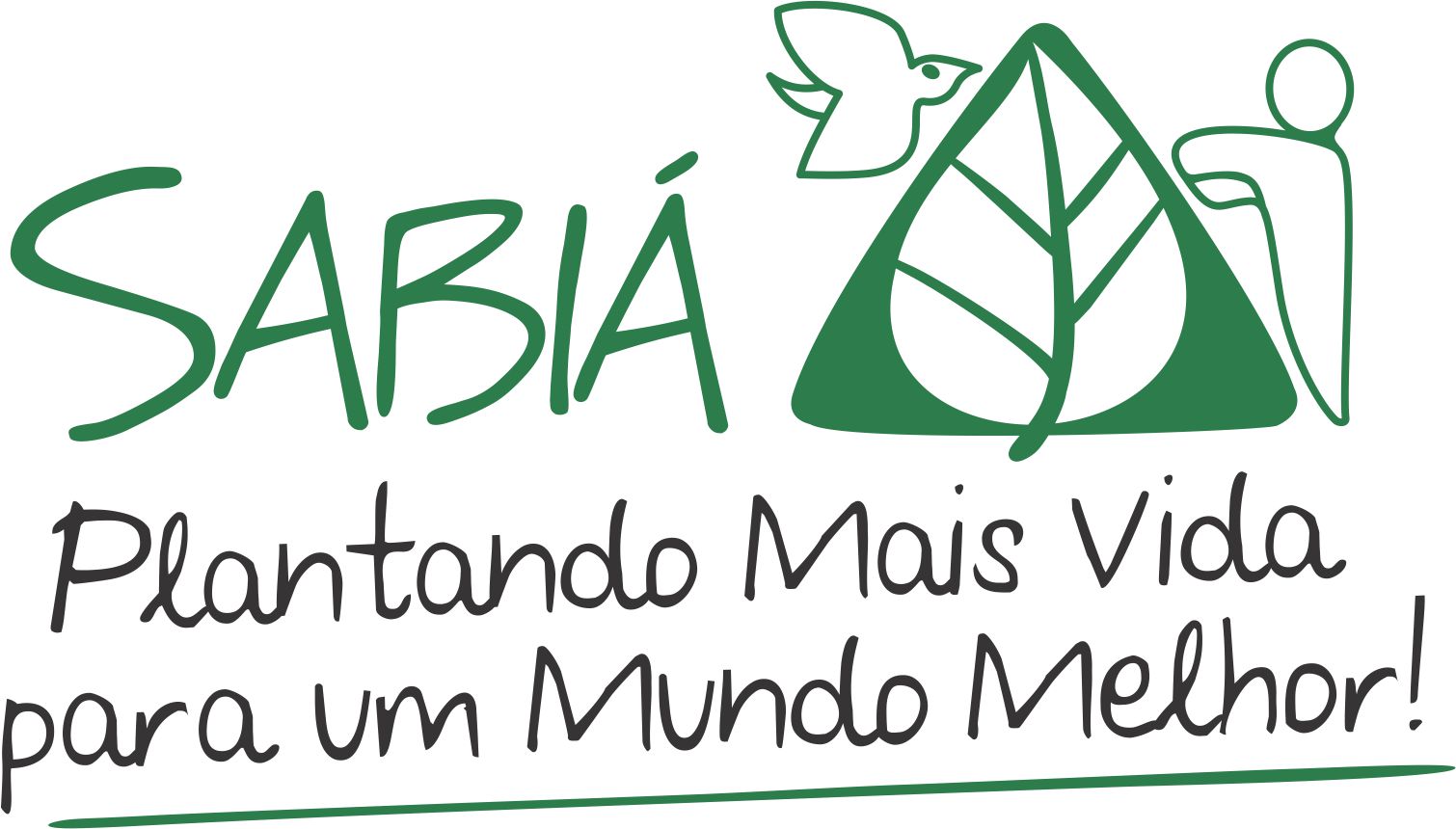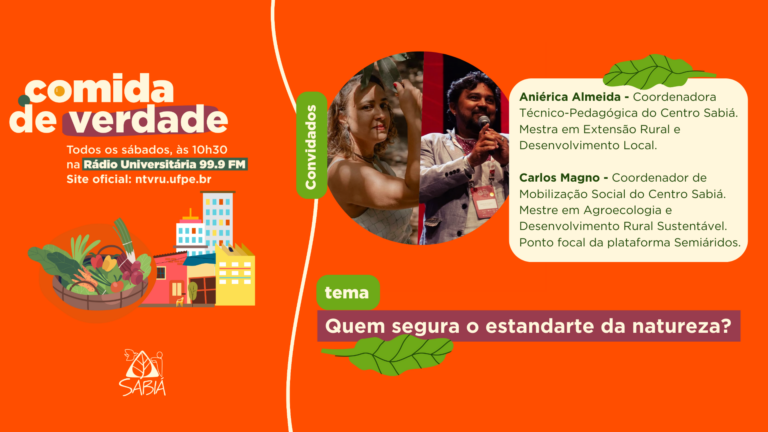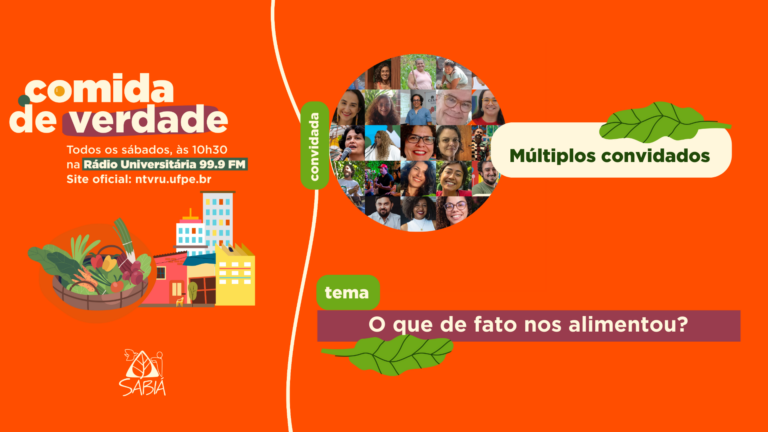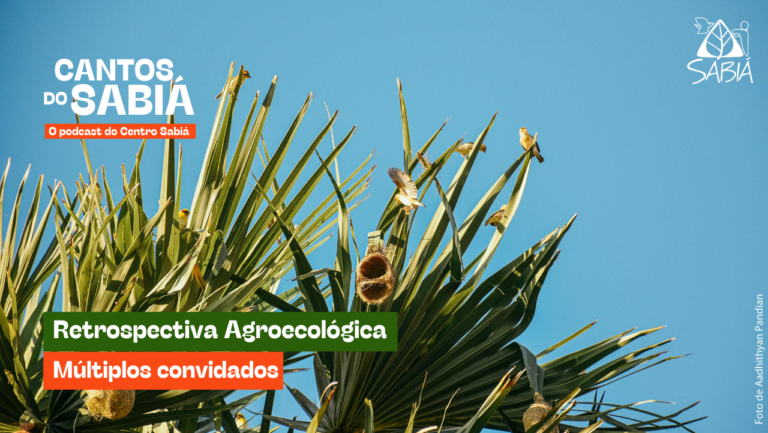Youth from Latin America’s semi-arid regions launch letter with demands and proposals for an agroecological future
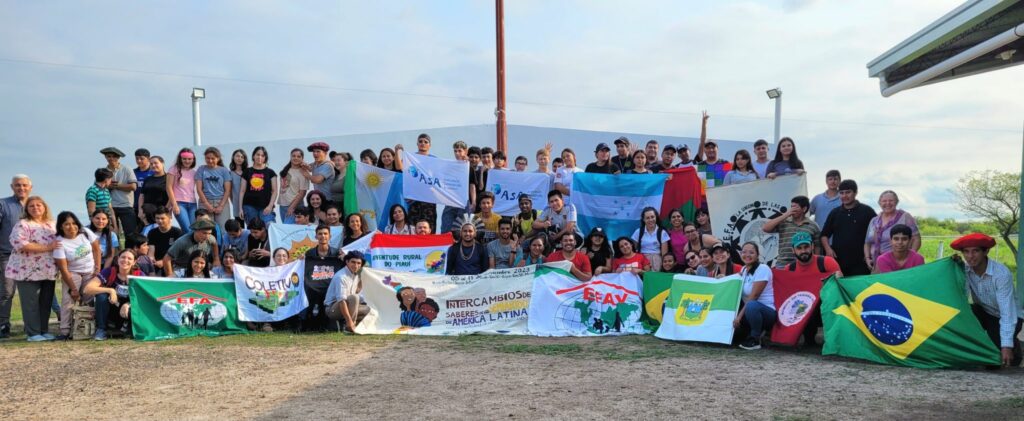
In commemoration of World Youth Day, celebrated on March 30, young people from three Latin American semi-arid regions launched a letter on Thursday (28) that reaffirms the struggle for life and land, and defends sustainable agroecology that guarantees food security and good living. “For sustainable agriculture, for development, for a climate-resilient economy, for agroecology and coexistence with the semi-arid regions and biomes,” say the more than 30 groups, associations and organizations that signed the document.
“I think [a carta] is necessary to give visibility and make our complaints as young people, so that they take into account the rights of young farmers. Because sometimes we as young people are less listened to, but young people have their own thoughts, they have their own struggle in the territory. Your vision is important,” says Noelia Carina Quispe, a young Argentinian of the Wichi ethnic group, who traveled to Brazil in 2023 to take part in the youth exchange.
In the document, the signatories demand public policies that give visibility to the productive, cultural and economic experiences of young people, as well as technical assistance and the right to contextualized education. In addition, the creation of the Latin American Semi-Arid Youth Network, based on working groups from different regions and countries, is proposed for the coming years.
Background to the Latin American Semi-Arid Youth Network
The young people, who live in different rural realities in the semi-arid region, have been working together since 2019 in face-to-face and online meetings. During this period, they had the opportunity to learn about the successful experiences of other young people in animal husbandry, agroecological production, the construction of water reuse systems and education in the countryside.
Ezequiel Castro, a young indigenous Tremembé from Ceará, traveled to Argentina for the youth exchange. For him, the activity was important for forming a critical view of “the issue of climate, the environment and territories, both in Brazil and in the general context of Latin America”. According to the young man, the letter is “an instrument that reaffirms not only the organization, concern, care and commitment of young people, but also that we want to achieve public policies for our regions and our countries”.
The indigenous question and other concerns
For Kaline Cassiano, from the indigenous community of Amarelão, in the state of Rio Grande do Norte, who, like Ezequiel, went to the Argentinean Gran Chaco, there are many similarities between the two regions:
“In Argentina, indigenous representation was very strong. And the issues they brought to us were very similar to those in Brazil, practically the same. It was the appropriation of medicinal herbs for pharmaceutical use, it was the invasion and seizure of land, it was the urgent request for the demarcation of indigenous territories, which are the same things we face here in Brazil, some territories with more difficulty than others,” he explains.
For her, the charter is a document that validates all this perception and articulation that took place during the exchanges between the young people. In his view, one of the main demands in the letter “is the securitization of land for rural youth, settlers, agrarian reform and also the demarcation of the territories of traditional peoples, especially indigenous peoples”.
The document also presents the youth’s concerns about other socio-environmental problems that have affected their way of life: climate change, deforestation, fires, the installation of large enterprises near their territories and the use of pesticides.
Without diversitythere is no agroecology
Under the slogan “without diversity, there is no agroecology”, the young people connect the agroecological future with the fight against racism, religious intolerance, the genocide of native peoples, LGBTQIAPN+phobia, sexism, violence against women, violence against young people and any discriminatory practice. Together, they propose to work on these issues over the next 10 years.
Exchanges between young people from Latin America’s semi-aridregions Knowledge Exchanges in the Semi-Arid Regions of Latin America took place in Brazil, in the states of Pernambuco and Paraíba, from July 22 to 26, 2019 and October 16 to 20, 2023; and in Argentina, in Santa Fe, from October 6 to 10, 2023. These meetings brought together young people from the semi-arid regions of Argentina, Paraguay, Bolivia, Brazil, Guatemala, El Salvador, Honduras and Nicaragua. There were also online activities with workshops, debates and training as part of the Daki Semiárido Vivo project, an initiative of the Brazilian Semi-Arid Articulation (ASA) and the Semi-Arid Platform with support from IFAD.
Nothing found.

